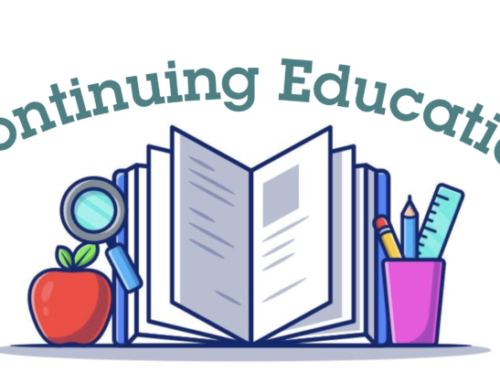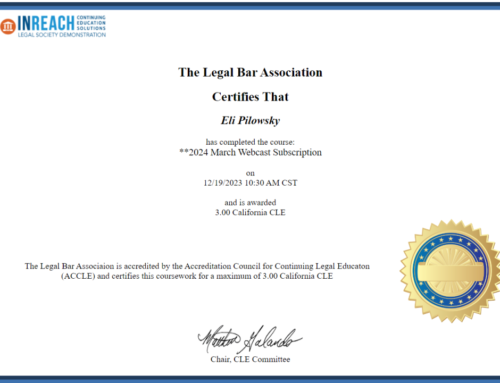10 ChatGPT Prompts for Bar Associations to Craft CLE Course Descriptions
Introduction
Continuing Legal Education (CLE) is a crucial component of the legal profession, ensuring that lawyers stay up-to-date with changes in the law and best practices. However, writing compelling course descriptions can be a challenge. In this article, we explore ten ChatGPT prompts that Bar Associations can use to craft engaging CLE course descriptions, providing potential attendees with a clear understanding of the value and relevance of each course.
One of the challenges of creating engaging and relevant CLE courses is writing effective descriptions that capture the attention and interest of potential learners. To help you with this task, we have compiled a list of 10 ChatGPT prompts that you can use to generate catchy and informative descriptions for your CLE courses.
- “Explain the Key Takeaways” Begin by asking ChatGPT to provide a concise summary of the key takeaways from the course. This prompt helps to distill the course’s essence and convey its practical benefits to prospective participants.
- “Highlight the Target Audience” Ask ChatGPT to describe the ideal audience for the course. Understanding who the course is designed for can help potential attendees assess its relevance to their practice areas.
- “Enumerate the Learning Objectives” Request ChatGPT to list the specific learning objectives of the course. This helps potential participants understand the skills or knowledge they will gain by attending.
- “Describe the Instructor’s Expertise” Inquire about the instructor’s qualifications, experience, and expertise in the subject matter. A well-qualified instructor can significantly enhance the credibility and appeal of the course.
- “Explain the Practical Applications” Have ChatGPT elucidate the practical applications of the course content. Prospective attendees are often more interested in how they can apply what they learn in their daily legal practice.
- “Provide Real-world Case Examples” Ask ChatGPT to provide real-world examples or case studies related to the course content. Illustrative scenarios help potential participants visualize the relevance and usefulness of the course.
- “Address Current Legal Trends” Inquire about the course’s coverage of recent legal developments and trends. Staying current is a top priority for legal professionals, and this information can be a strong selling point.
- “Discuss Interactivity and Engagement” Encourage ChatGPT to detail how the course will engage participants, whether through interactive activities, discussions, or practical exercises. Engaging elements can make the course more appealing.
- “Elaborate on Materials and Resources” Ask ChatGPT to provide information on the course materials and additional resources available to participants. This can help attendees prepare and gauge the depth of the course.
- “Highlight Accreditation and CLE Credits” Finally, inquire about the course’s accreditation status and the number of CLE credits it offers. This information is essential for lawyers seeking to fulfill their CLE requirements.
Conclusion
Crafting effective CLE course descriptions is pivotal for Bar Associations to attract lawyers and ensure they choose courses that best align with their professional needs. By utilizing ChatGPT prompts, Bar Associations can create informative and compelling course descriptions that enable potential attendees to make well-informed decisions about their CLE options. These prompts can enhance the visibility and value of CLE offerings, ultimately benefiting both legal professionals and the organizations that provide these courses.






